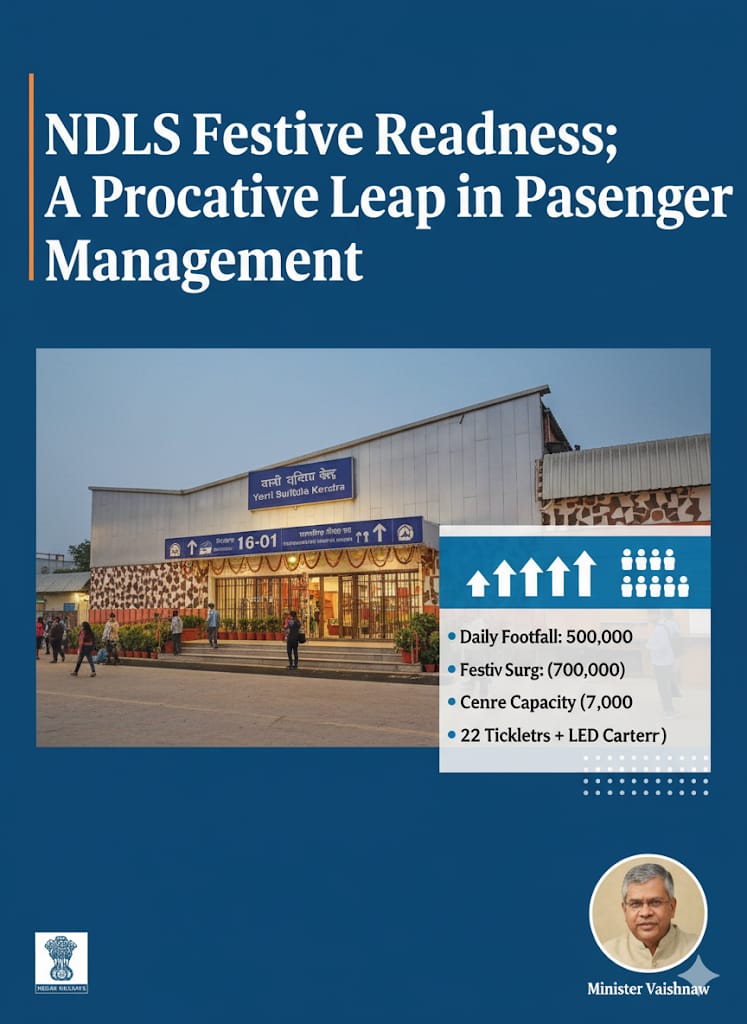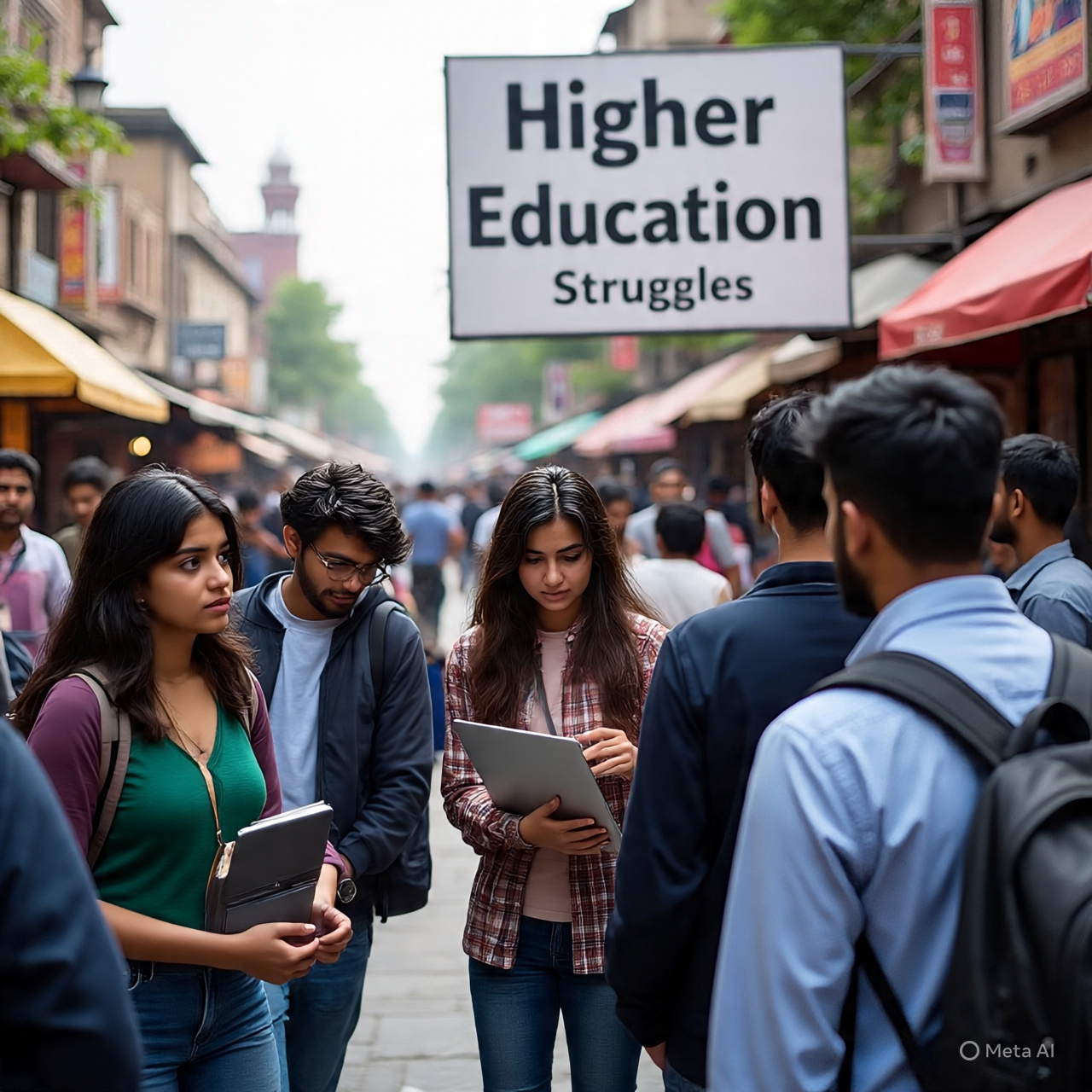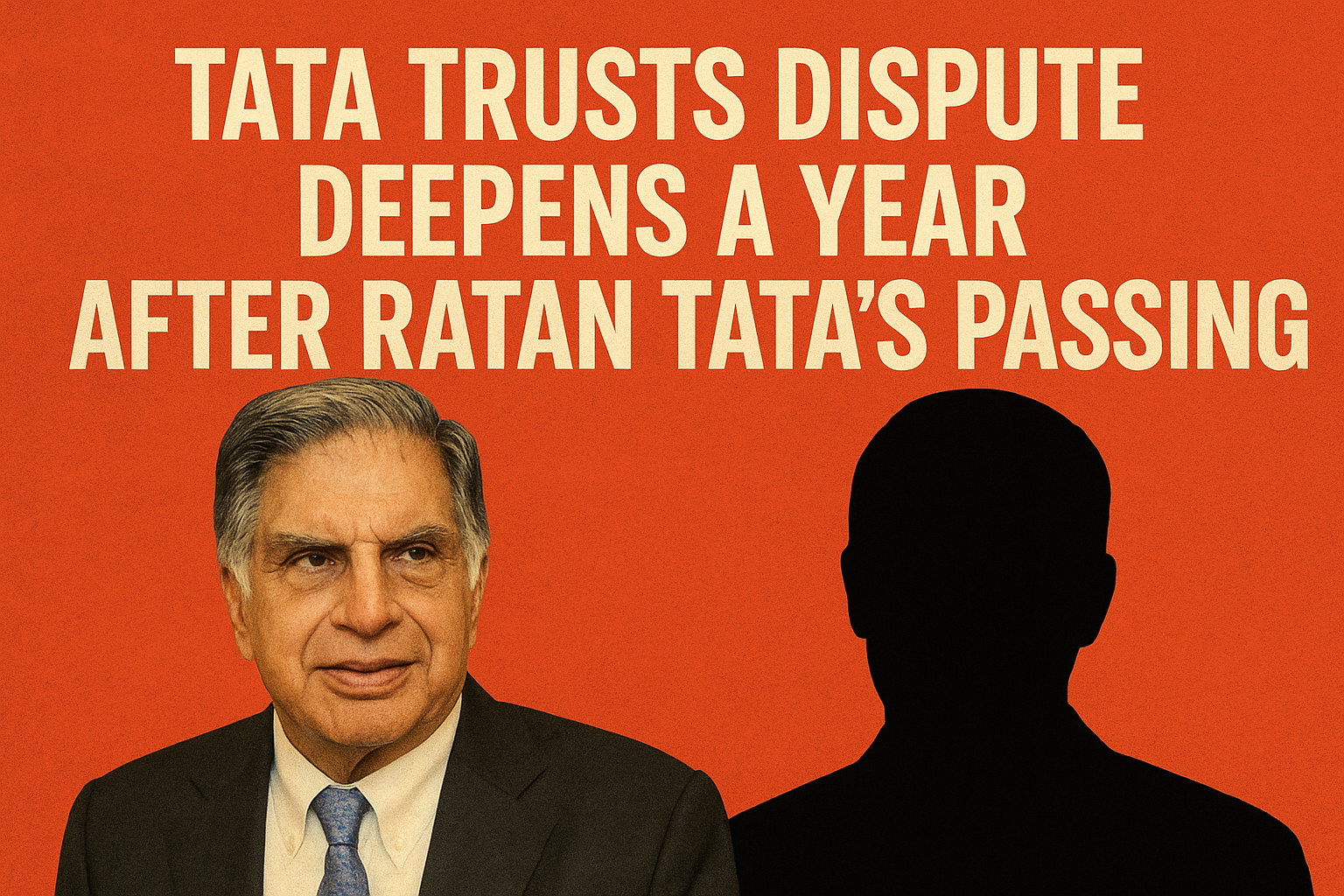
As international students prepare to apply to U.S. universities, the recent controversy involving Zohran Mamdani, Democratic frontrunner in New York City’s 2025 mayoral race, reveals important lessons about race, identity, and the politics of college admissions. This is not just a political dispute. It is a case study in how complex personal identities are often misread or challenged within elite academic institutions like Columbia University.
Mamdani, a 33-year-old Indian-origin politician born in Uganda, has come under scrutiny for selecting both "Asian" and "Black or African American" on his 2009 application to Columbia University. Critics claim this was an opportunistic use of affirmative action, a policy originally created to support students from historically underrepresented groups in higher education.
The story, first reported by The New York Times, has sparked widespread debate. Mamdani has clarified that he does not identify as African American in the traditional sense. Instead, he described himself as an "American born in Africa" and explained that the available racial categories did not capture the full complexity of his identity. He is the son of Indian-Ugandan parents: acclaimed filmmaker Mira Nair and academic Mahmood Mamdani.
“I checked multiple boxes trying to reflect the full scope of my background,” Mamdani told The Times. His remarks reflect the outdated nature of many U.S. college applications, which still rely on limited, often binary options to define race and ethnicity.
What Global Students Should Know
According to the National Center for Education Statistics, over 948,000 international students enrolled in U.S. higher education institutions during the 2021–2022 academic year. Students from India and China make up the largest share. For many of them, U.S. college applications can feel ill-suited to reflect multicultural identities. Mamdani’s case shows what happens when personal identity does not align neatly with institutional expectations.
The controversy also follows the 2023 U.S. Federal Court ruling that ended race-based affirmative action in admissions at Harvard and the University of North Carolina. The ruling now requires colleges to focus on personal experiences rather than checkboxes. This shift means that the way students present their stories has become more important than ever.
Two key lessons emerge for international applicants:
- Be Authentic: The narrative you offer about your background can carry more value than a demographic label.
- Know the Cultural Context: Understand how American institutions interpret race, geography, and ethnicity, which may differ from how these are understood in your home country.
When Identity Becomes Political
Mamdani’s critics, including Republican Curtis Sliwa and current Mayor Eric Adams, have labeled his 2009 admission as misleading. Former Governor Andrew Cuomo has gone further, calling for a formal investigation and warning that this issue may reflect broader problems within the admissions system.
Despite the backlash, Mamdani’s political support remains strong. A poll by American Pulse shows he holds 35.2 percent support among likely voters in New York City. Cuomo follows with 29 percent. Adams and Sliwa trail behind. The poll suggests that identity politics continues to be both divisive and influential in public life.
Insightful Takeaway
For global students dreaming of studying in America, the Zohran Mamdani controversy offers more than media drama. It is a lesson in how identity, once recorded in institutional forms, can be interpreted or questioned years later. In an age of migration, dual heritage, and global citizenship, it is more important than ever to communicate your story with clarity, honesty, and awareness of the system evaluating it.
A college form may give you limited boxes to check, but your life story is more than a category. Mamdani’s experience highlights why understanding both your identity and the lens through which it will be viewed is crucial.
What you write on a form may follow you. But how you tell your story defines how the world understands you.




.jpeg)
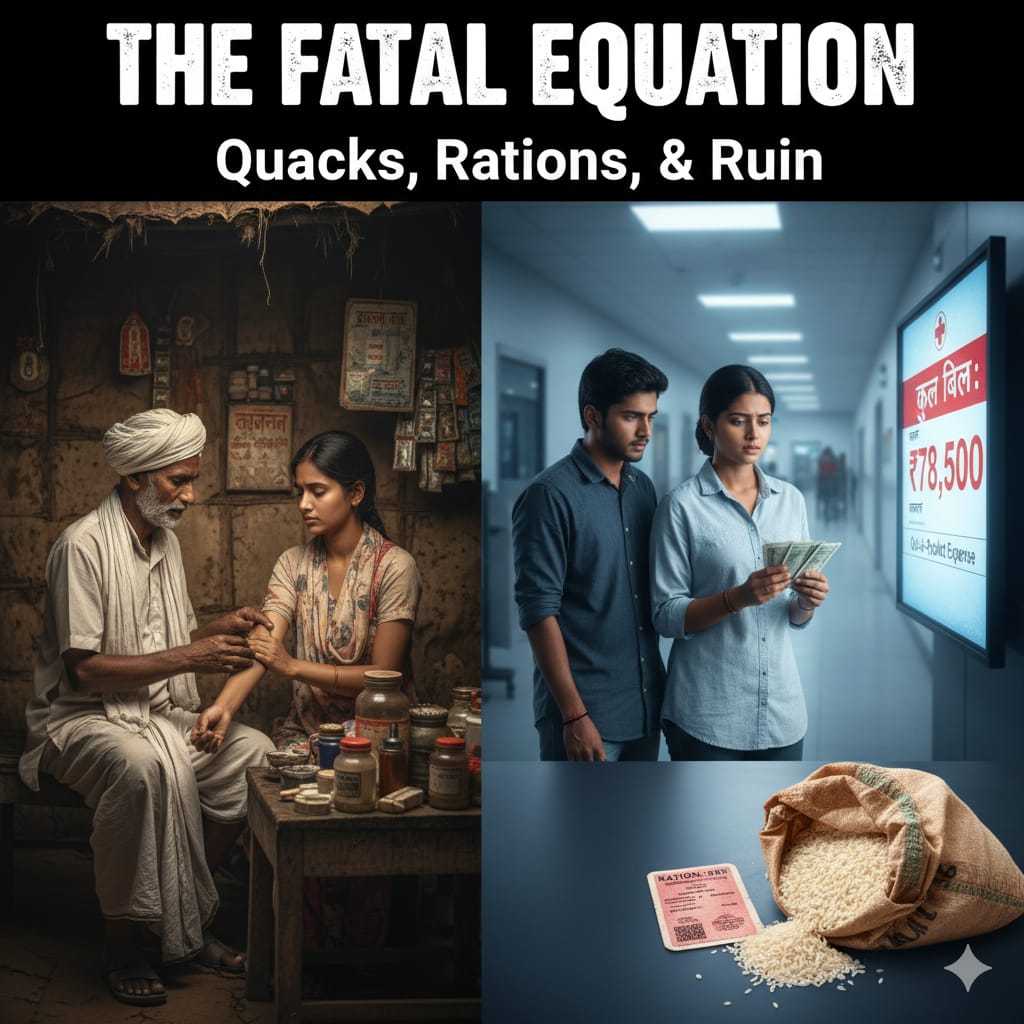
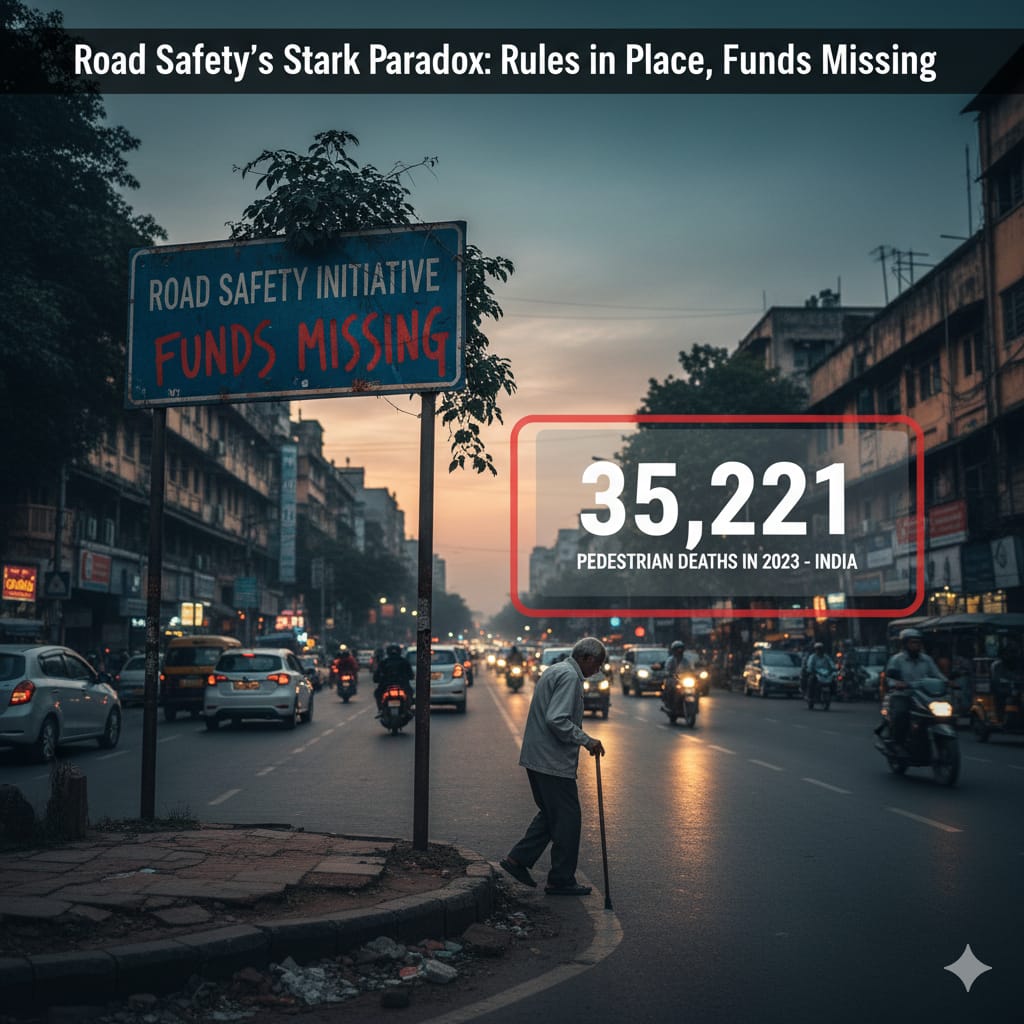
.jpeg)

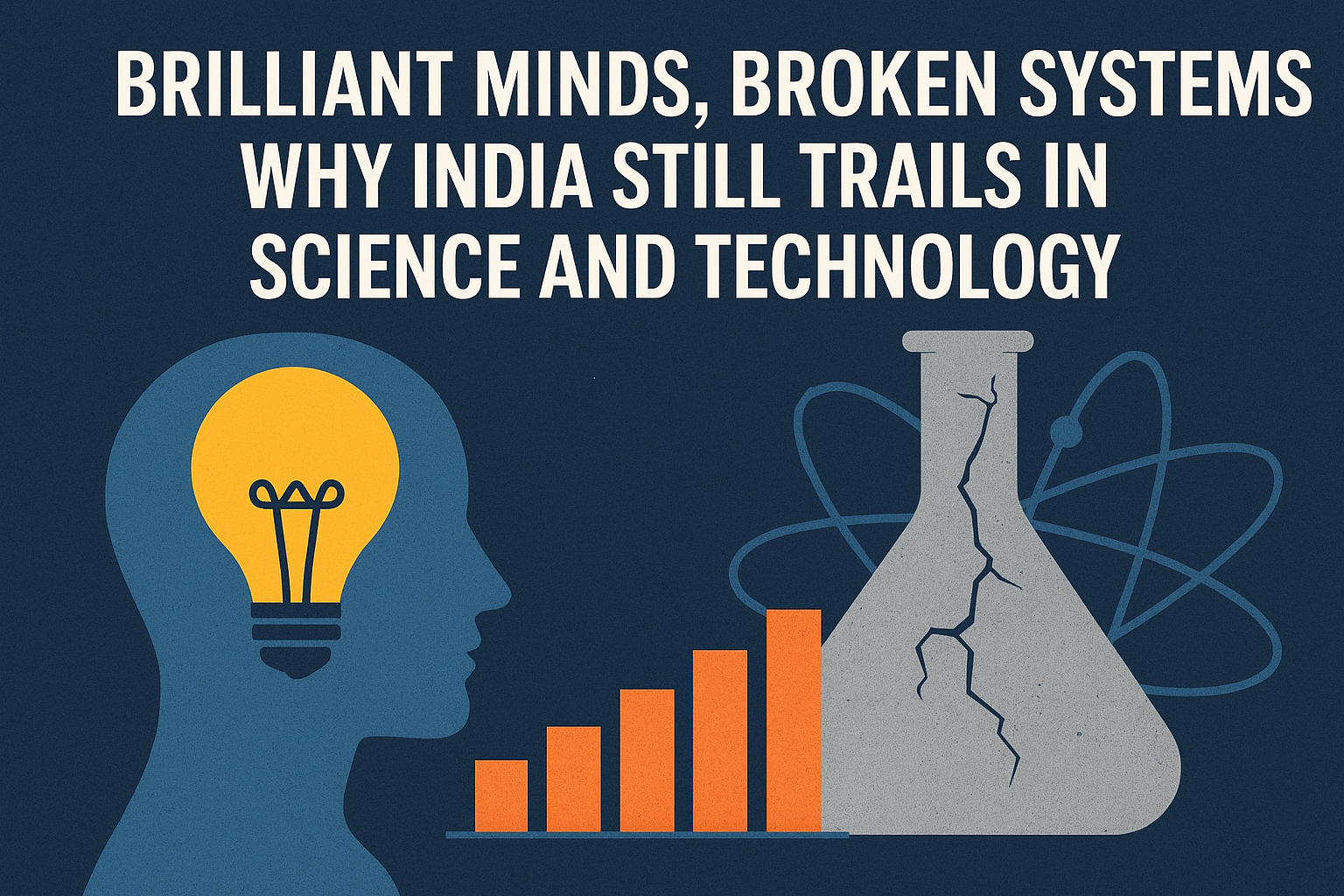


.jpeg)
